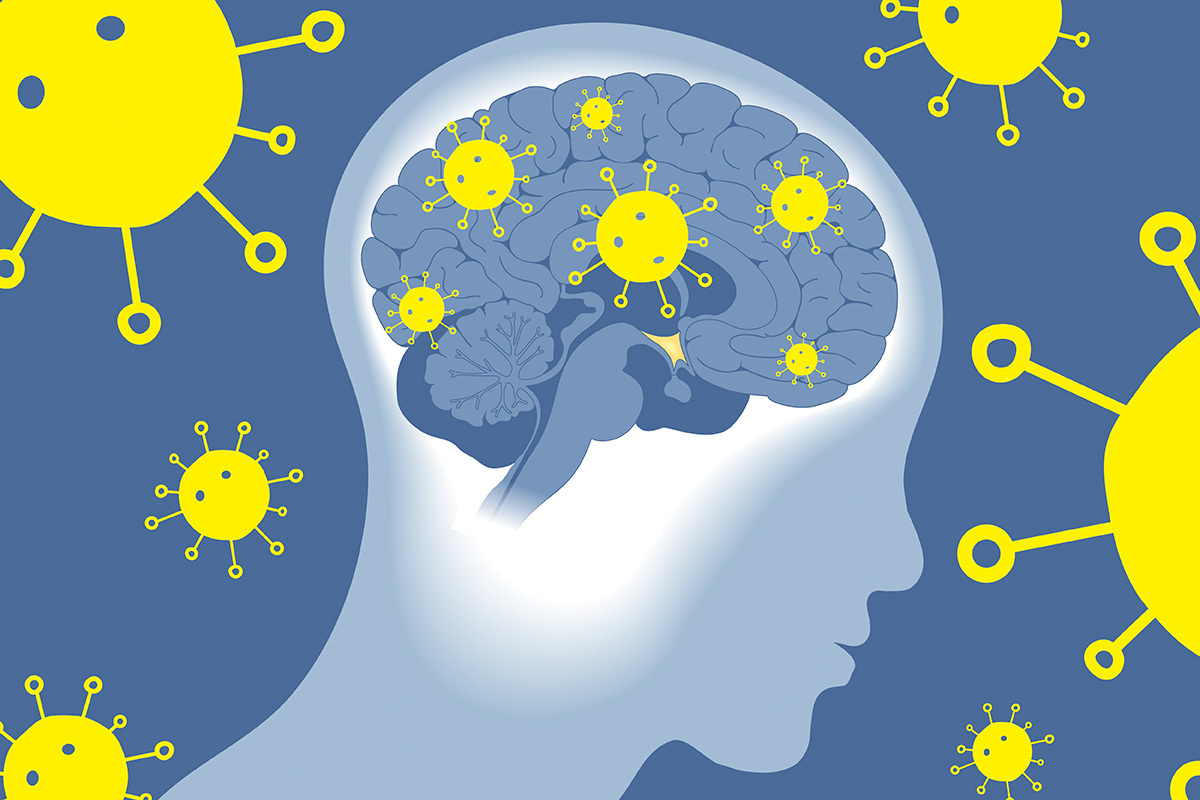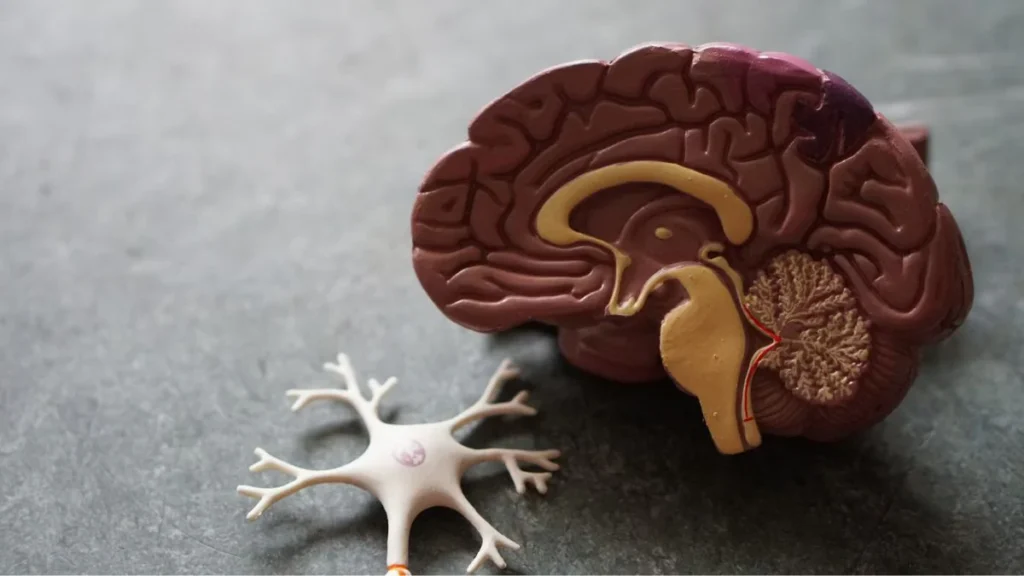Study Uncovers Potential Link Between COVID-19 Virus and Increased Brain Infection Risk

Study Suggests SARS-CoV-2 Spike Protein Mutations May Increase Brain Infection Risk
Study Reveals Potential Link Between SARS-CoV-2 Mutations and Increased Brain Infection Risk
A recent study has uncovered a potential new mechanism by which the SARS-CoV-2 virus, responsible for COVID-19, might infiltrate the brain. Researchers have identified specific mutations in the virus’ spike protein that could enable it to access brain cells through an alternative pathway, potentially shedding light on the neurological symptoms reported by some COVID-19 patients. These insights were obtained through experiments involving genetically engineered mice, offering new perspectives on how the virus affects the brain.
Investigating Spike Protein Mutations
The research, detailed in a recent publication in Nature Microbiology, zeroed in on mutations within a critical component of the spike protein known as the furin cleavage site. Normally, this site helps the virus enter cells by binding to the ACE2 receptors on the cell surface, a process described as entering through the “front door.” However, the study found that when this site is mutated or removed, the virus appears to utilize a different entry route, termed the “back door,” to infiltrate cells.
The Back Door to Brain Cells
This alternative entry route could potentially make it easier for the virus to infect brain cells. The study’s findings suggest that the mutated spike protein might facilitate a more efficient infection process within the brain, which could be linked to the neurological issues observed in some COVID-19 patients. Symptoms such as brain fog, dizziness, and memory impairments could be explained by this new understanding of the virus’s behavior.
Methodology and Implications
The research involved using genetically engineered mice to study how these mutations impact viral entry and infection. By analyzing the effects of the mutated spike protein on brain cells, the scientists could observe how the virus’s altered entry mechanisms influence its ability to cause neurological damage. These findings are significant because they provide a clearer picture of the virus’s impact on the brain, which has been a subject of concern throughout the pandemic.
Broader Impact on COVID-19 Research
This discovery could have important implications for the development of targeted therapies and vaccines. Understanding how mutations in the spike protein facilitate brain infection may lead to new strategies to prevent or mitigate the neurological effects of COVID-19. Additionally, this research underscores the need for ongoing monitoring of viral mutations and their potential impacts on various aspects of health.
Next Steps in Research
Researchers are now focusing on further investigating the relationship between spike protein mutations and brain infection. Additional studies will be necessary to confirm these findings in humans and to explore potential therapeutic interventions. The goal is to develop a more comprehensive understanding of how SARS-CoV-2 affects the brain and to identify ways to protect against or treat these effects.
Conclusion
The recent study offers a groundbreaking look into the mechanisms by which SARS-CoV-2 might increase the risk of brain infection. By revealing how specific mutations in the virus’s spike protein could facilitate this process, researchers have provided valuable insights that could shape future research and treatment approaches for COVID-19. As the scientific community continues to unravel the complexities of the virus, these findings highlight the importance of continued investigation into its full range of impacts on human health.






















